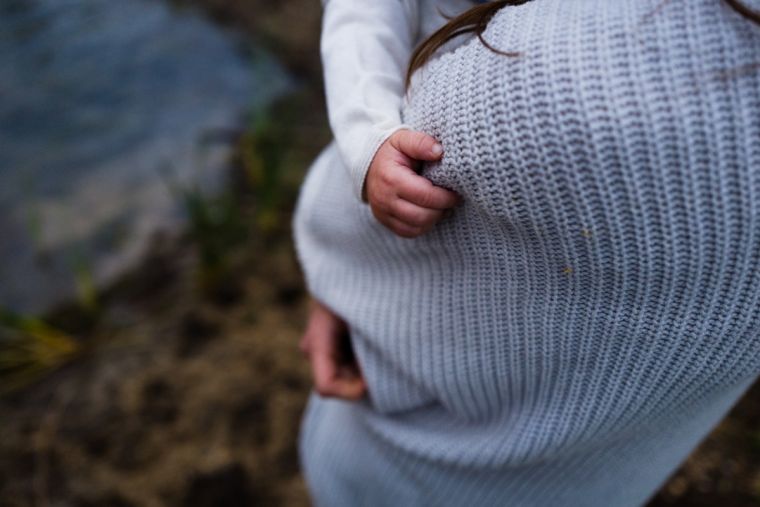Young couples foregoing having children because of climate concerns

Couples under 35 who are childless are more likely to say that they won't have children because they do not want to exacerbate climate change or overpopulation.
According to a YouGov poll, one in seven under-35s said they did not want children because they believe that the world has too many people already. Across all age groups, 9% attributed their decision to remain childless to concerns about overpopulation.
One in 10 told the pollster they feared that having children would only increase climate change pressures, The Times reports.
The poll examined the attitudes of 895 British adults who do not have children. Within this group, 334 adults said they had never had children and did not want to have any in the future.
The findings also revealed concerns, though, around the impact of having children on personal finances and living.
Among 18- to 24-year-olds, the biggest concern - for 23% - was that it was too expensive to raise children. This was followed by just over a fifth (21%) who said that having children would prevent them from having the lifestyle they want.
The idea of having no or fewer children has grown in popularity in the past few years, with the Duke and Duchess of Sussex saying recently that they plan to have a maximum of two children out of concern for the future of the planet.
In October 2018, naturalist Sir David Attenborough suggested that the planet could not cope with any more people.
"In the long run, population growth has to come to an end. There are some reasons for thinking that will happen almost inevitably," he told the BBC.
"But it is very alarming at the rate we're going, and although people will say, 'In the long run, we are going to stabilize', they're going to stabilize - as far as I can see - at a rather higher level than the Earth can really accommodate."
Official figures show that England and Wales is home to an increasingly ageing population, with the birthrate falling from 2.9 children in the early 1960s to 1.7 last year.
Danny Dorling, a professor of geography at the University of Oxford, told the newspaper that behaviour change would do more good than foregoing children to save the planet.
"It's a muddled but not uncommon view," he said.
"It comes, understandably, from not understanding that a small proportion of the population produce the large majority of emissions that cause climate change. Behaviour change would have a far greater effect.
"On overpopulation, the great irony is that population growth is slowing down. Children born today could be the first children in the history of the species to live long enough to see human numbers reduce worldwide — not as a result of war, pestilence, disease or famine. But because people are having fewer children."
Prof Dorling added: "It is fine not to have children but the last time global population growth — the rate of growth itself growing — was out of control was the late 1960s."











